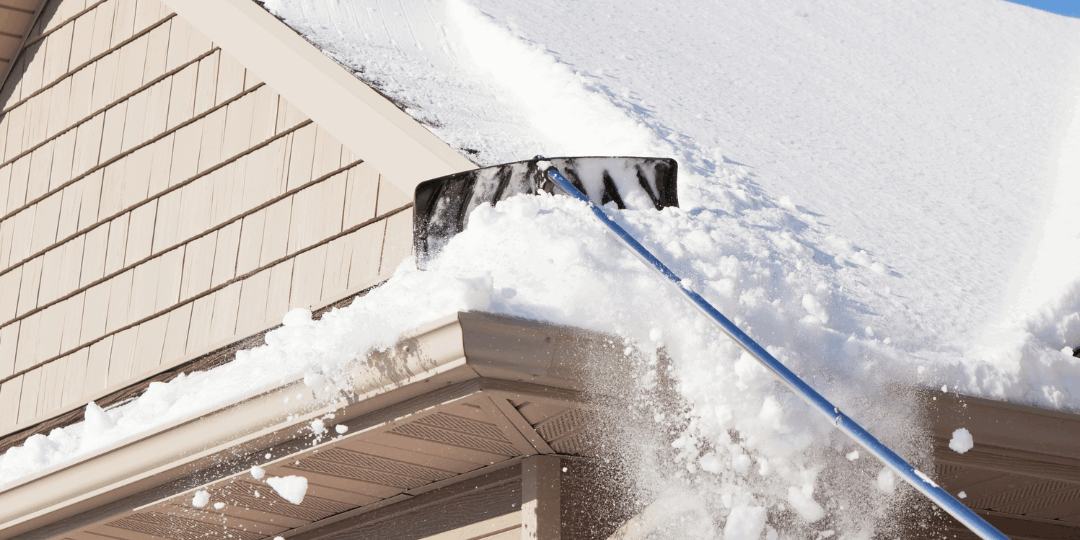Living in the Denver Metro Area comes with breathtaking mountain views, fresh air, and access to the entire Front Range. But at higher elevations, homeowners face unique challenges when it comes to roofing. Altitude, atmospheric pressure, and Colorado’s extreme weather patterns all influence the durability, longevity, and maintenance needs of your roof. Whether you own a home in the city or closer to the Rocky Mountains, understanding how altitude affects roofing will help protect your investment and ensure long-term customer satisfaction.
The Role of Altitude in Roofing Performance
At higher elevations, roofs are exposed to intense ultraviolet (UV) radiation, reduced oxygen levels, and dramatic temperature fluctuations. This combination accelerates the wear and tear on materials such as asphalt shingles, tile, slate, wood, and metal roofing. Unlike homes at sea level, roofs in Denver experience faster deterioration, making regular inspections, roof repair, and preventative maintenance critical. Choosing materials designed for high-altitude resilience ensures longer life expectancy and better protection against severe weather events.
Weather Challenges at Elevation
Denver and surrounding areas are no strangers to hail, snow, rain, thunderstorms, wind, and even the occasional wildfire. Altitude compounds the effects of these natural elements:
Snow & Drainage – At higher elevations, snow loads and ice dams can overwhelm gutters and eaves. Proper snow removal, waterproofing, and drainage design are essential to prevent roof damage and leaks.
Hail & Storm Damage – The Front Range is notorious for hailstorms that compromise roof tiles, asphalt shingles, and metal roofs. A certified roofing contractor can provide an inspection, roof assessment, or roof replacement if hail damage occurs.
UV & Heat Exposure – With thinner atmospheric protection, roofs absorb more UV rays, accelerating deterioration. A reflective metal roof or coated membrane can reduce energy costs and improve efficiency.
Wildfire Risks – Homes in the foothills face wildfire dangers. Steel, copper, and tile roofs provide greater fire resistance than wood or traditional shingles.
Roofing Materials and Altitude Durability
Different roofing materials perform differently in high-altitude climates:
Asphalt Shingles: Affordable and common, but prone to faster deterioration in Colorado’s climate.
Metal Roofing: Durable, fire-resistant, and ideal for mountain homes, though pricing is higher.
Tile and Slate Roofs: Provide excellent longevity and resilience, but require proper structural support for snow loads.
Flat Roof Systems: Often used in commercial roofing, but need expert waterproofing to prevent drainage issues.
Protecting Your Roof Investment
Your roof is one of your property’s most valuable assets. Protecting it requires a proactive approach:
- Schedule annual roof inspections and after major storms.
- Ensure proper ventilation and waterproofing in the attic to avoid moisture absorption.
- Consider warranty options for added peace of mind.
Work with a contractor who offers excellent customer service, financing, and roofing services tailored to Colorado homes.
Frequently Asked Questions (FAQs)
1. Why does altitude make roofs in Denver wear out faster?
At higher elevations, roofs face stronger UV exposure, greater thermal expansion, and more severe weather changes, all of which accelerate material breakdown compared to lower-altitude locations.
2. What type of roofing material lasts longest in Colorado’s climate?
Metal roofs, tile, and slate tend to offer the best longevity and durability, especially against hail, snow, and wildfire risks. Asphalt shingles can still work but may need more frequent replacement.
3. Do I need a special warranty for my Denver roof?
Yes. Many manufacturers adjust their warranty coverage based on high-altitude performance. Ask your roofer about warranties designed specifically for Colorado roofing projects.
4. How can I tell if my roof has hail or storm damage?
Look for dents in gutters, cracks in shingles, or leaks in your attic or ceiling. For accurate results, schedule a certified roof inspector near you to conduct a professional roof evaluation.
5. Are Denver roofing companies required to meet specific building codes?
Yes. All roofing contractors must comply with Denver building codes, liability insurance requirements, and CRA standards to ensure safe and compliant roofing projects.
6. How often should I schedule a roof inspection in Denver?
Most experts recommend once per year, plus an additional roof inspection after major storms or hail events. Regular inspections can help avoid costly roof replacements.
Call Pinnacle Roofing Associates Today
If you live in Denver or anywhere along the Front Range, your roof needs extra care to withstand altitude, storm damage, snow, hail, and UV exposure. Pinnacle Roofing Associates is your premier roofing company, providing expert residential roofing services, commercial roofing, roof repairs, and roof replacements throughout Colorado. With a strong reputation, commitment to customer service, and extensive knowledge of Colorado roofing challenges, we’re here to protect your home or business for years to come.
Contact Pinnacle Roofing Associates today to schedule a roof inspection, roof repair, or full roof replacement. Let us help you protect your investment with expert craftsmanship and high-quality roofing solutions tailored to Colorado’s unique climate..







